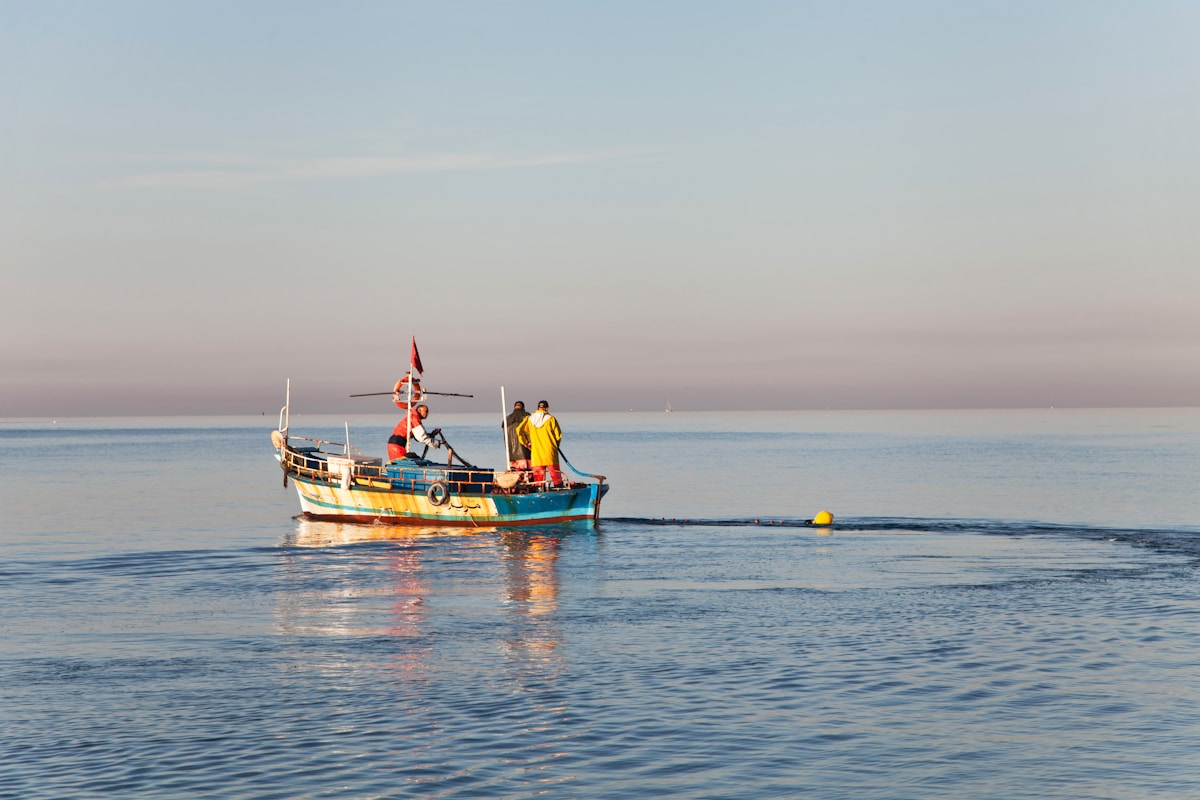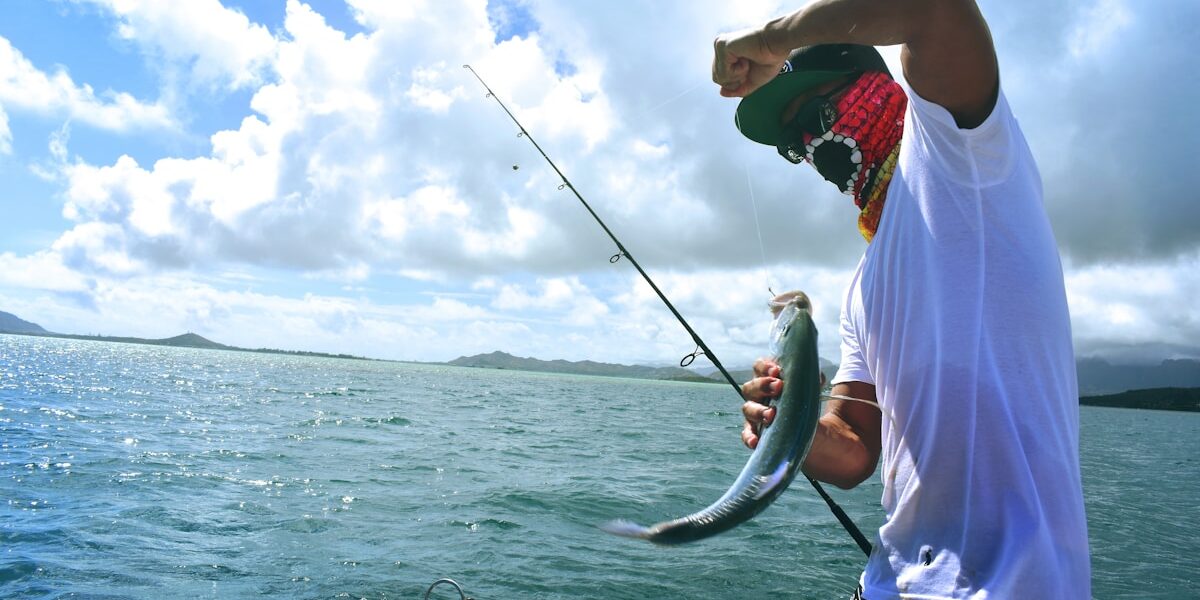Understanding the WVDNR Fishing License
Fishing in West Virginia is a cherished pastime. The state’s abundant rivers, streams, and lakes offer countless opportunities. In order to enjoy these resources, a fishing license is required. Managed by the West Virginia Division of Natural Resources (WVDNR), the fishing license ensures sustainable fishing practices.

Why You Need a Fishing License
Licenses help to regulate fishing activities. They fund conservation efforts and habitat restoration. By purchasing a license, you support efforts to maintain healthy fish populations. This also helps to ensure the sport remains available for future generations.
Types of Fishing Licenses Available
WVDNR offers several fishing license options. These options cater to both residents and non-residents.
- Resident Annual Fishing License: Available for state residents, valid for the entire calendar year.
- Non-Resident Annual Fishing License: Similar to the resident license but for visitors.
- Short-term Licenses: For those who plan to fish for a short period. Options include one-day licenses.
- Lifetime Licenses: A one-time purchase that covers fishing for a lifetime. Available only for residents.
Exemptions
Not everyone needs to purchase a license. Exemptions apply to certain individuals:
- Residents over 65 years of age.
- Children under the age of 15.
- Landowners fishing on their own property.
Military personnel and disabled veterans may also qualify for exemptions or reduced fees. Check the WVDNR website for full details on eligibility.
How to Obtain a WVDNR Fishing License
Getting a license is straightforward. You can purchase online via the WVDNR website. In-person purchases are available at various retailers, including bait shops and sporting goods stores. When purchasing, have identification ready to confirm residency if applicable. Payment options typically include credit cards, checks, or cash.
Rules and Regulations
The WVDNR enforces specific rules and regulations. These rules help maintain fish stocks and ensure safety. Anglers must understand and follow all regulations:
- Size and Creel Limits: Different species have varying limits on catch size and quantity.
- Fishing Seasons: Some fish, like trout, have specific open seasons.
- Special Regulations for Specific Waters: Certain waterways have additional rules.
For complete regulations, consult the current WVDNR Fishing Regulations Guide.
Benefits of Fishing in West Virginia
The state offers diverse fishing environments. From the calm lakes of Summersville to the rushing waters of the New River. Anglers of all skill levels find joy and challenge. The variety of fish includes bass, trout, and catfish among others. Each location offers unique terrain and experiences.
Best Fishing Spots in West Virginia
Here are some recommended locations for anglers:
- Summersville Lake: Known for its clear waters, ideal for smallmouth bass.
- New River Gorge: Offers a mix of warm and cold-water fishing.
- Greenbrier River: Popular for fly fishing and trout.
- Burnsville Lake: Family-friendly with diverse fish species.
Conservation Efforts
WVDNR is committed to conservation. Licensing fees support various programs. These include habitat restoration and fish stocking. Additionally, education programs promote sustainable fishing. Anglers are encouraged to practice catch and release, especially for non-native or threatened species.
Fishing as a Community Activity
Fishing is not just an individual pursuit. It fosters community and connection. Clubs and events bring people together. Anglers share tips and techniques, building a culture of sustainability and respect for nature.
Staying Safe While Fishing
Safety is a priority when out fishing. Always be aware of the weather conditions. Wear appropriate gear, including life vests when on a boat. Inform someone of your fishing plans and location. Know your limits and fish within safe areas.
Getting Involved
Many opportunities exist to get involved with local fishing groups. Volunteer for conservation projects. Participate in local derbies and events. Join online communities to share experiences and advice. Staying connected helps you stay informed on issues impacting local waterways.
Using Technology for Better Fishing
Embrace technology to enhance your fishing experience. GPS and fish-finding apps assist with locating the best spots. Social media allows you to connect with other anglers. Online forums provide a wealth of information on techniques and equipment.
Fishing Ethics
Adhering to ethical fishing practices is essential. Respect fellow anglers and adhere to Leave No Trace principles. Avoid overfishing and always clean up after yourself. Being an ethical angler ensures that future generations can enjoy the same resources.
Recommended Fishing Gear
Garmin GPSMAP 79s Marine GPS – $280.84
Rugged marine GPS handheld that floats in water.
Garmin inReach Mini 2 – $249.99
Compact satellite communicator for safety on the water.
As an Amazon Associate, we earn from qualifying purchases.



